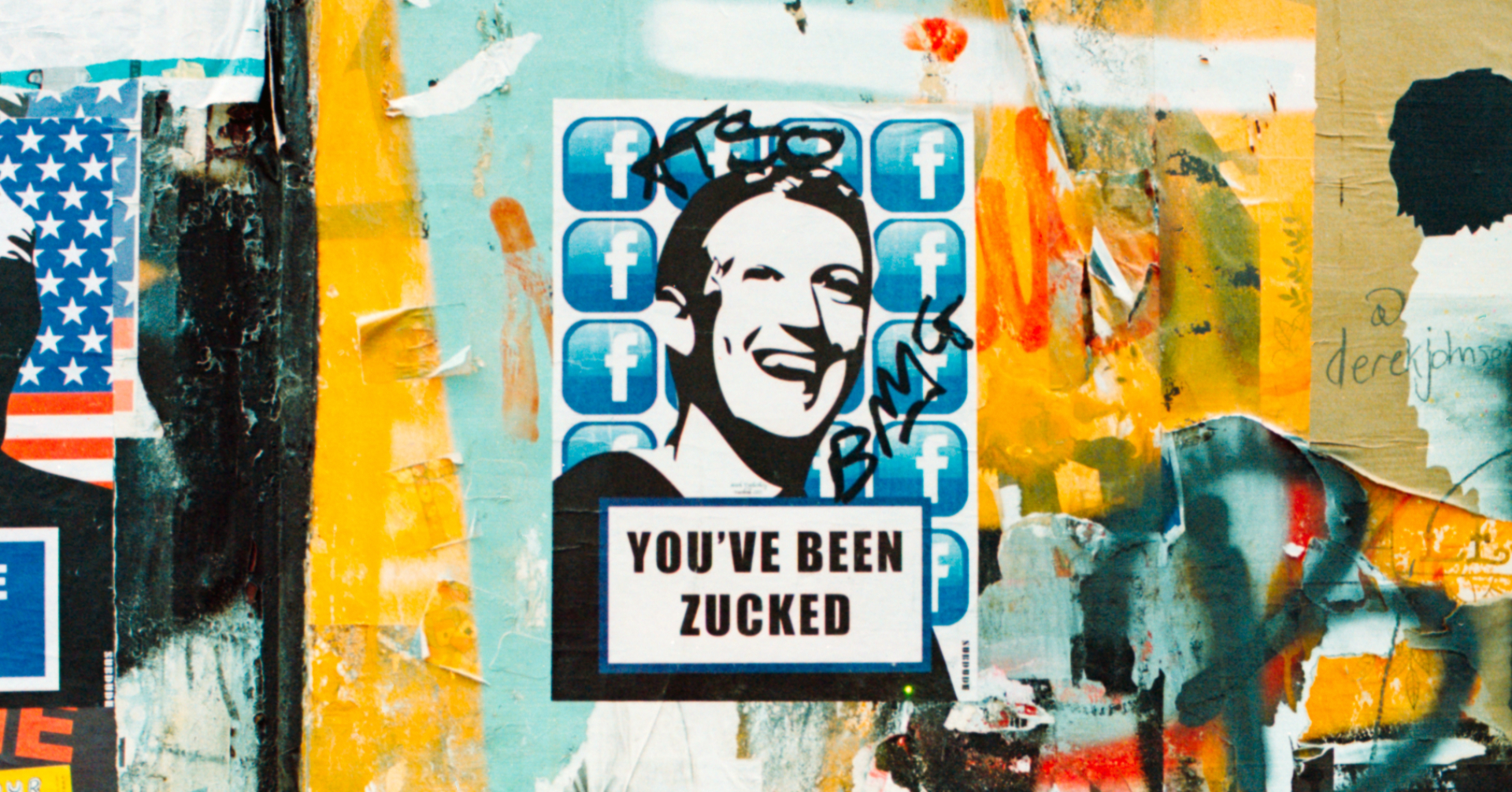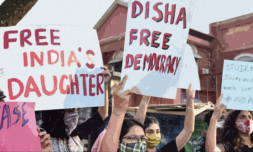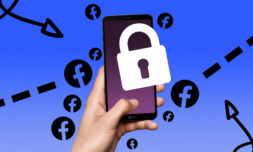A former employee at Facebook alleges that the social media giant prioritises PR in the west. In other countries with less influence, policy abuses and political deception on the platform are reportedly being ignored.
Facebook is reportedly allowing world leaders and influential figures to go against company policy and post politically deceiving content, so long as it doesn’t affect relations in the west.
This week, an investigation carried out by The Guardian – in cahoots with former Facebook data scientist Sophie Zhang – has explored internal Facebook documentation detailing more than 30 cases of politically manipulative content across 25 countries flagged by company staff.
Worryingly, the data shows a correlation between ‘priority cases’ for Facebook’s internal team and the wealthiest nations. Specifically, Facebook responded most promptly to content abuses impacting (or attracting media attention to) the US, South Korea, and Poland, while mobilising slowly or not at all to reports of political manipulation in Afghanistan, Iraq, Mongolia, Mexico, and much of Latin America.
Facebook originally pledged to combat all instances of state-backed political manipulation on its platform following the 2016 election, when Russian agents and internet trolls used mock Facebook accounts to influence American votes. However, evidence of government manipulation and policy abuse continues to propagate on the platform as we speak.
Already in hot water over its potential involvement in aiding a government tyranny against Disha Ravi and other Indian climate activists, Zhang has now stepped forward to compound Facebook’s problems. So, to what extent is Facebook actually turning a blind eye to deceptive ploys outside the west?
Firstly, for context, it’s worth mentioning that Facebook fired Zhang in a high-profile story back in September 2020. On her final day, the 23-year-old published an 8,000 word farewell memo noting ‘multiple blatant attempts by foreign national governments’ to abuse the platform and ‘mislead their own citizenry.’ She signed off by acknowledging ‘I have blood on my hands’ through her association with the company’s Coordinated Inauthentic Behaviour unit (CIB).
Less than a year on, Zhang hopes her disclosures may influence Facebook to reckon with its impact on the rest of the world, while opening people’s eyes to the lack of integrity in big tech.
With 2.8 billion users, Facebook plays a significant role in the political discourse of most countries. But Zhang knows all too well how its systems can be manipulated to distort political debate.
While carrying out her usual duties in 2018, rooting out what is known as fake engagement – whereby multiple accounts are created by the same person to like, comment, and share, therefore elevating a story within Facebook’s newsfeed algorithm – Zhang uncovered several instances of what she believed to be blatant western bias in Facebook’s resolution phase.




















